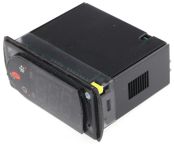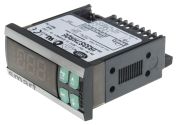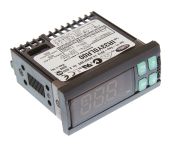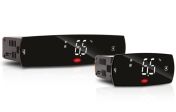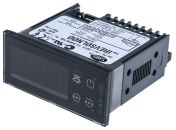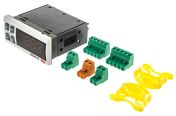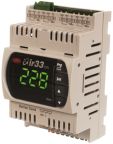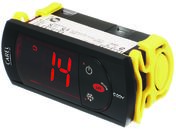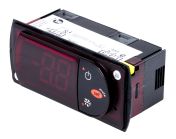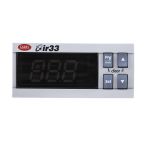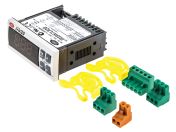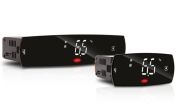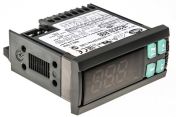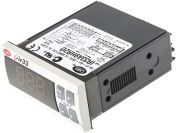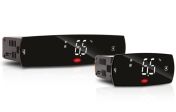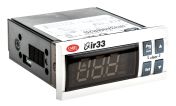Carel Temperature Controllers
Compare Product Details |
|---|
In Stock
Each PHP10,056.28(exc. VAT) |
In Stock
Each PHP8,904.61(exc. VAT) |
In Stock
Each PHP16,357.68(exc. VAT) |
Currently unavailable
Each PHP11,692.12(exc. VAT) |
In Stock
Each PHP19,924.72(exc. VAT) |
Being discontinued
Each PHP9,582.90(exc. VAT) |
In Stock
Each PHP10,578.37(exc. VAT) |
In Stock Carel DN33 PID Temperature Controller, 144 x 70mm, 1 Output Relay, 12 → 24 V ac, 12 → 30 V dc Supply
Each PHP11,682.72(exc. VAT) |
In Stock
Each PHP5,422.56(exc. VAT) |
In Stock
Each PHP8,274.71(exc. VAT) |
In Stock
Each PHP13,281.65(exc. VAT) |
In Stock
Each PHP12,305.00(exc. VAT) |
Temporarily out of stock
Each PHP19,646.45(exc. VAT) |
In Stock
Each PHP13,485.05(exc. VAT) |
In Stock
Each PHP8,659.57(exc. VAT) |
Temporarily out of stock
Each PHP15,257.99(exc. VAT) |
In Stock
Each PHP16,116.65(exc. VAT) |
Currently unavailable
Each PHP17,199.39(exc. VAT) |
Last RS stock
Each PHP10,185.02(exc. VAT) |
In Stock
Each PHP10,083.20(exc. VAT) |
